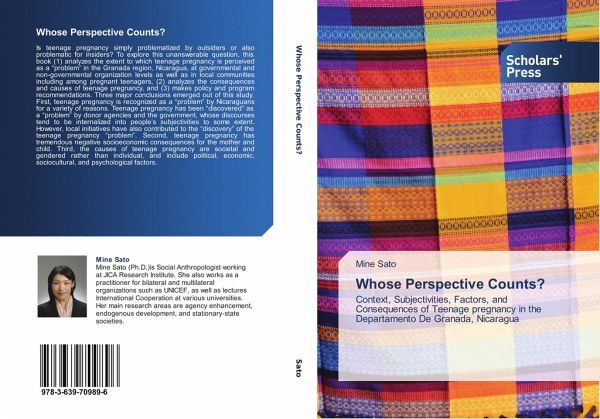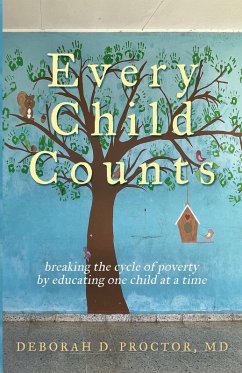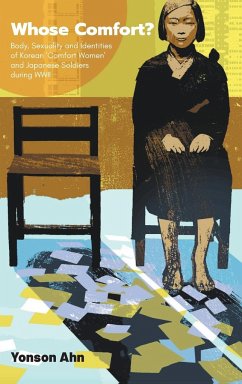
Whose Perspective Counts?
Context, Subjectivities, Factors, and Consequences of Teenage pregnancy in the Departamento De Granada, Nicaragua
Versandkostenfrei!
Versandfertig in 6-10 Tagen
66,99 €
inkl. MwSt.

PAYBACK Punkte
33 °P sammeln!
Is teenage pregnancy simply problematized by outsiders or also problematic for insiders? To explore this unanswerable question, this book (1) analyzes the extent to which teenage pregnancy is perceived as a problem in the Granada region, Nicaragua, at governmental and non-governmental organization levels as well as in local communities including among pregnant teenagers, (2) analyzes the consequences and causes of teenage pregnancy, and (3) makes policy and program recommendations. Three major conclusions emerged out of this study. First, teenage pregnancy is recognized as a problem by Nicarag...
Is teenage pregnancy simply problematized by outsiders or also problematic for insiders? To explore this unanswerable question, this book (1) analyzes the extent to which teenage pregnancy is perceived as a problem in the Granada region, Nicaragua, at governmental and non-governmental organization levels as well as in local communities including among pregnant teenagers, (2) analyzes the consequences and causes of teenage pregnancy, and (3) makes policy and program recommendations. Three major conclusions emerged out of this study. First, teenage pregnancy is recognized as a problem by Nicaraguans for a variety of reasons. Teenage pregnancy has been discovered as a problem by donor agencies and the government, whose discourses tend to be internalized into people s subjectivities to some extent. However, local initiatives have also contributed to the discovery of the teenage pregnancy problem . Second, teenage pregnancy has tremendous negative socioeconomic consequences for the mother and child. Third, the causes of teenage pregnancy are societal and gendered rather than individual, and include political, economic, sociocultural, and psychological factors.












